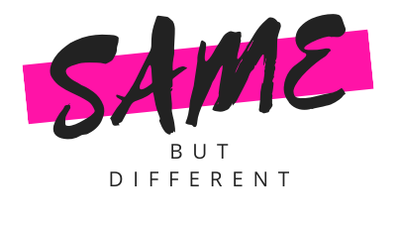|
With the internet now reaching out into the suburbs and rural areas, it is enabling not just consumers but also businesses to tap onto e-commerce and online bulk shopping to purchase supplies. What used to be the typical model of offloading at the ports and then trucking it straight to the shop now has developed legs where goods are now off-loaded from one mode of transport to another, heading onwards to another destination which may or may not be the final one.
2 Comments
 Alien Logistics is a full service international logistics company based in Malaysia, serving the world. Represented in over 60 countries and more than 200 cities, Alien was one of 16 SMEs selected out of 900 applicants to participate in the pioneer batch of a unique regional accelerator program. Run by the Finlab - a special vehicle set up and fully owned by UOB Bank - the Jom Transform program is an accelerator for small businesses looking to undertake a digital transformation in order to thrive in today's volatile and highly segmented markets. Having had great and on-going success in Singapore, it was then rolled out in Thailand and now, Malaysia.
We are now in the transformational stage. Having undergone extensive workshops organised by the Finlab in areas such as data analytics, branding, digital marketing as well as regional expansion and financial management; the core team at Alien Logistics has to identify and prioritise the areas for change then start the wheels turning.  The Finlab team reconvenes in 2 months’ time to witness the metamorphosis of each finalist – in that time we look forward to sharing the pain points identified, and by the usage of technology how Alien Logistics has become a stronger partner to work with in the network. Do support us on our journey of digital transformation by getting in touch with us on our website and Facebook, or just by dropping us a line - we would love to hear from you!
|
Search by typing & pressing enter



